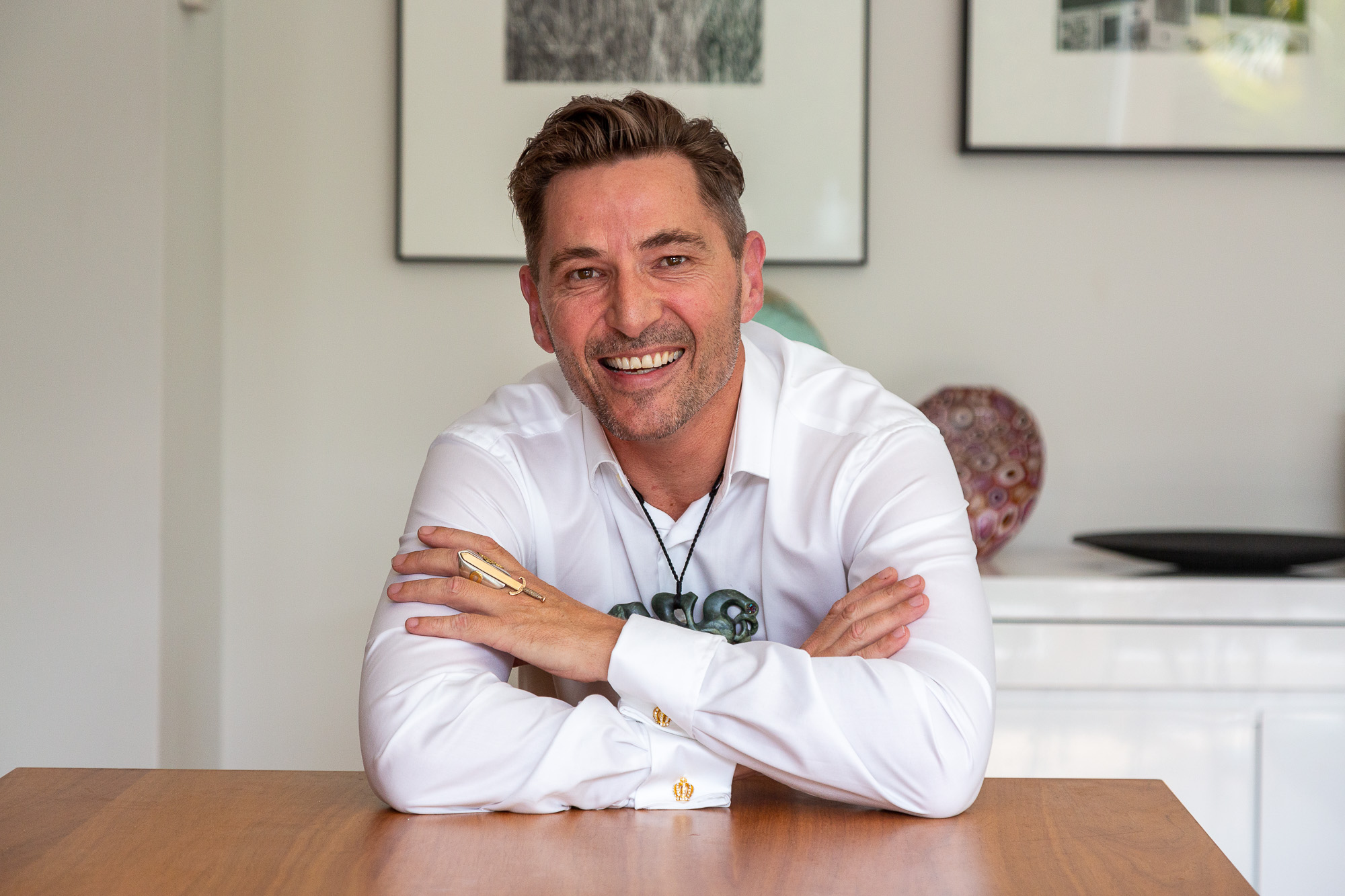Learning Through Play
Learning Through Play NZ
What is play based learning?
Colours, numbers and the alphabet are common things parents try to teach their children at an early age. While it’s important your child does learn these – simply helping your child memorise a colour or number isn’t always the most effective way of learning or fostering development. Open-ended play based learning activities have an important role in these foundational years.
Your child’s future can be greatly influenced by their attitude towards learning. In fact, the more play your child has before they turn seven, and the less structured learning there is, the better all their outcomes will be into adulthood.
Play based learning is a form of child-led (and teacher supported) education where learning is developed through play. It enables children to develop social, cognitive and emotional skills through their own interests or in creative and innovative ways.
The importance of play based learning
Play based learning teaches creativity, which is fundamental to growing intelligence and the ability to problem solve. When children are able to take their time and make multiple attempts before achieving success, they build resilience and other important skills needed later in life.
Here are some tips to help you initiate purposeful play based learning in your home:
1. Be patient and give your child time.
In play based learning, your child may spend hours building something which may seem (to an adult) like a waste of time. But, children learn more from experimenting and failing rather than reaching a desired outcome immediately.
2. Spark your child’s imagination.
Build a hut or a fort in the living room, or outside in your backyard. Creativity is fundamental to developing intelligence and the ability to problem solve later in life.
3. Use open-ended activities.
Encourage your child to create using open-ended activities like Lego or playdough. Lego is known to increase intelligence because it allows a child to play with endless opportunities without any right or wrong answers.
4. Follow your child’s lead and be their buddy.
When it comes to play based learning, let your child be the instructor. They already know how to play, so simply get down on their level and play with them. Provide encouragement when they have new ideas - even if they don’t make any sense to you. By fostering and boosting their self-esteem, you equip them with the tools they need to succeed academically and socially.
5. Embrace your culture.
Many cultures have their own games, traditions, languages or songs that have been passed down from generation to generation. Use play based learning as an opportunity to not only teach your child about their history, but also to value their whole self.
6. Use play based learning as an opportunity for interaction.
Although research demonstrates the benefits of play based learning, not all teachers or schools adopt this approach. So use it as a chance to interact and strengthen your bond with your child.
 Nathan Wallis is a Neuroscience Educator, nib health insurance parenting expert and regular media commentator. He hosts sold-out learning events for parents up and down the country (and abroad), talking to different stages of child development – including the first 1000 days - and how parents can be supporting their children in order to achieve the best possible outcomes.
Nathan Wallis is a Neuroscience Educator, nib health insurance parenting expert and regular media commentator. He hosts sold-out learning events for parents up and down the country (and abroad), talking to different stages of child development – including the first 1000 days - and how parents can be supporting their children in order to achieve the best possible outcomes.
nib Health Insurance provides cover for even the littlest Kiwis. Having cover in place early, before any conditions are developed, means kids will be covered for grommets, adenoids and tonsil removal if the need arises.
If something more serious were to happen, nib’s cover is designed to help you skip the waiting lists in the public healthcare system and get private specialist and hospital treatment for your child, faster. Private Hospital cover starts from under $4 per week for children under 20, and from under $15 per week for adults*. Cover is available online, with no medical questions asked. Click here to compare cover options for your family and get a quote. *prices based on one child under 21 and one 31 year old female non-smoker, both on a standard private hospital cover with a $500 annual excess and a 4% direct debt discount applied.
• Check out the full video on play based learning
• Nathan Wallis Q&A: Your parenting questions during lockdown
Want to know more?